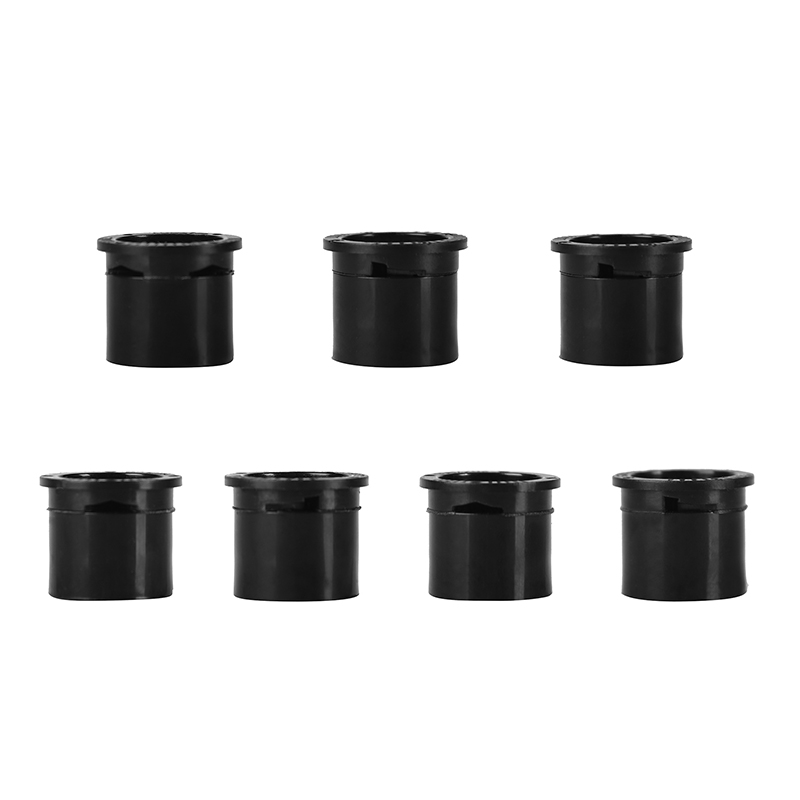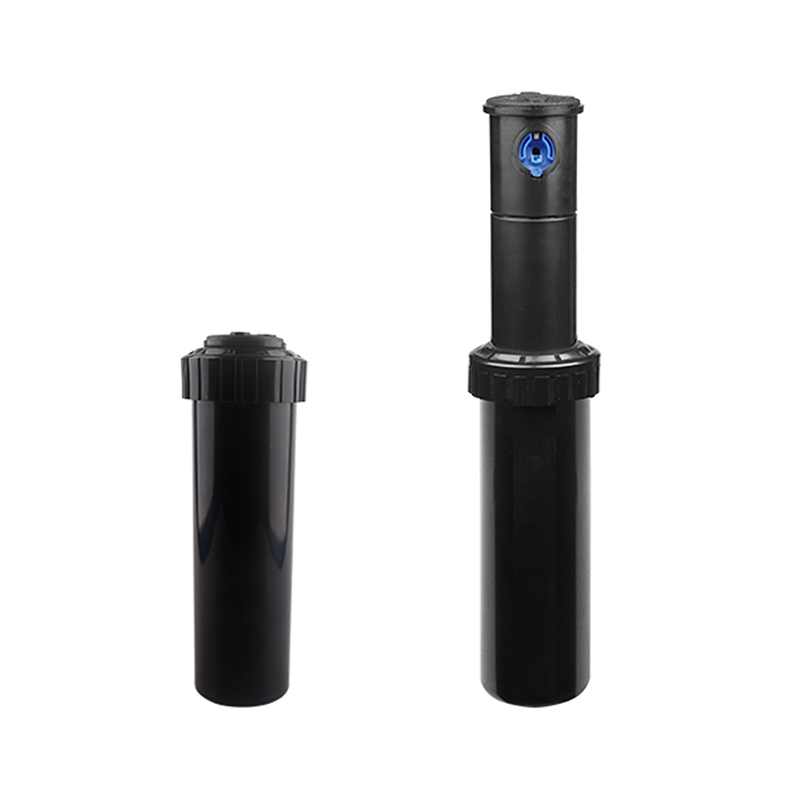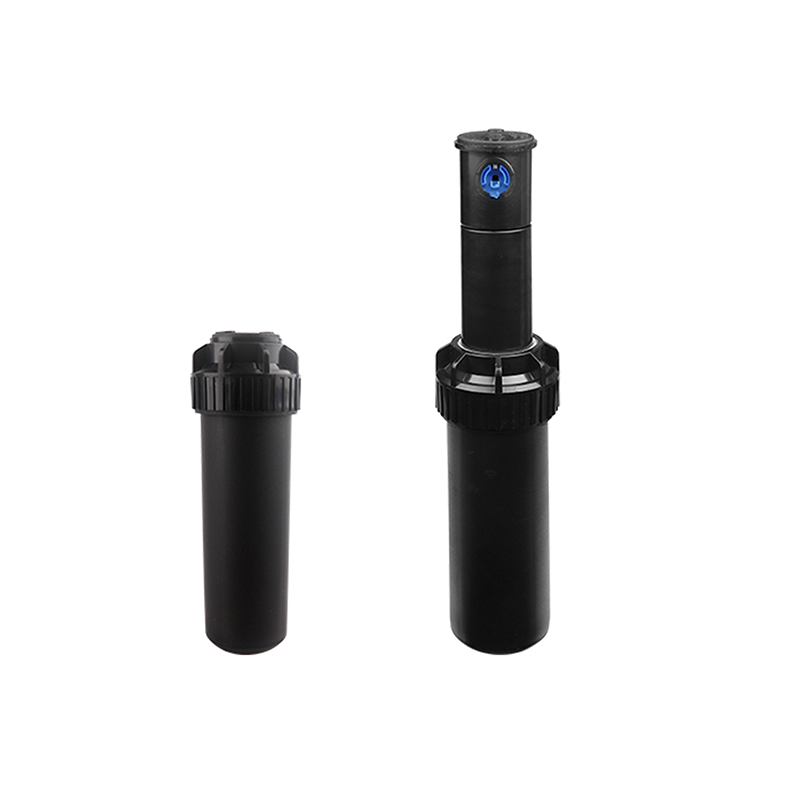How to improve the efficiency of irrigation valve
The efficiency of irrigation valves plays a vital role in agricultural and horticultural irrigation systems. It can ensure the accurate supply of water sources and improve the efficiency of water resources, thereby improving the yield and quality of crops.
When choosing the type of irrigation valve, it is necessary to choose the appropriate valve type according to the specific needs and the scale of the irrigation system. Common types of irrigation valves include solenoid valves, pneumatic valves and manual valves. Solenoid valves are suitable for small to medium-sized irrigation systems and are efficient and programmable. Pneumatic valves are suitable for large farmland irrigation systems and are efficient and reliable. Manual valves are suitable for small farmland or home gardening irrigation systems and are easy to operate. Choosing the right type of irrigation valve can improve the adaptability and control accuracy of the system.
In order to further improve the efficiency and performance of the irrigation system, it is also very important to optimize the system design. Reasonable planning and layout of irrigation pipes, valves, sprinklers and other components can reduce water flow resistance and pressure loss, and improve the flow rate and stability of water flow. At the same time, it is also necessary to consider factors such as soil type, plant water demand and irrigation frequency, formulate reasonable irrigation plans and schedules, minimize water waste and over-irrigation, and improve the efficiency of water resources.
The efficiency of irrigation valves also depends on their precise control of water flow and pressure. By using high-precision sensors and controllers, water flow and pressure can be monitored and adjusted in real time to ensure that they meet irrigation needs. According to the water requirements and growth stages of different crops, the opening and working time of the irrigation valves can be adjusted to achieve precise water control. In addition, regular inspection and maintenance of irrigation valves to ensure their normal operation is also an important step to improve efficiency.
In order to further improve the intelligence and automation level of irrigation systems, automated control systems can be applied. Through the connection with devices such as sensors, timers and controllers, the irrigation process can be automated and intelligent. According to the preset parameters and schedules, the opening and closing of irrigation valves can be automatically controlled to reduce the need for manual operation and improve the efficiency and stability of the irrigation system. The automated control system can also monitor and adjust irrigation parameters in real time to adapt to different climates and crop needs, and improve the accuracy and adaptability of irrigation.



 中文简体
中文简体 English
English










.jpg)




